![]()
Organic Plants Need: Signs of Nutrient Deficiency
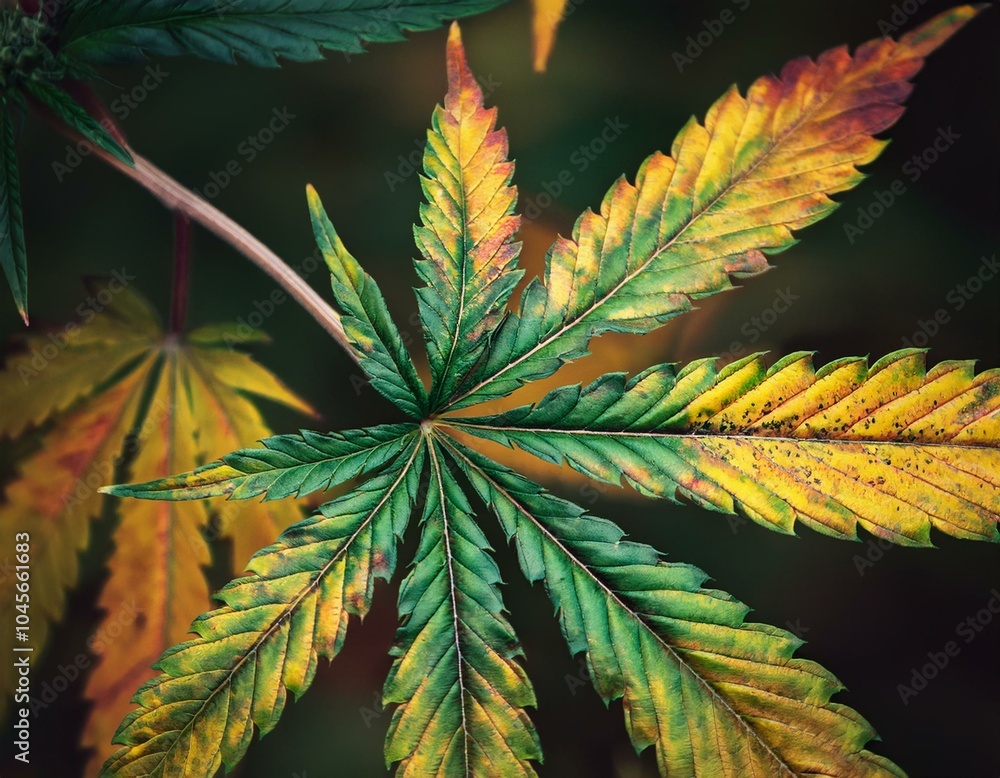
Introduction
Organic plants need proper care and nutrients to thrive. Knowing how to identify when organic plants need additional nutrients can prevent poor growth and ensure a flourishing garden. They can’t speak, yet they definitely communicate through their looks and actions. From yellowing leaves to slowed-down growth, these signs can be indications that your plants are crying out for organic fertilizer. If you notice your organic plants need more nutrients, try adding compost or organic fertilizer to boost their health. Here, we will discuss how to identify the indicators that your garden is in need of natural nutrients and how organic fertilizer can assist you in bringing balance to your plants and soil.
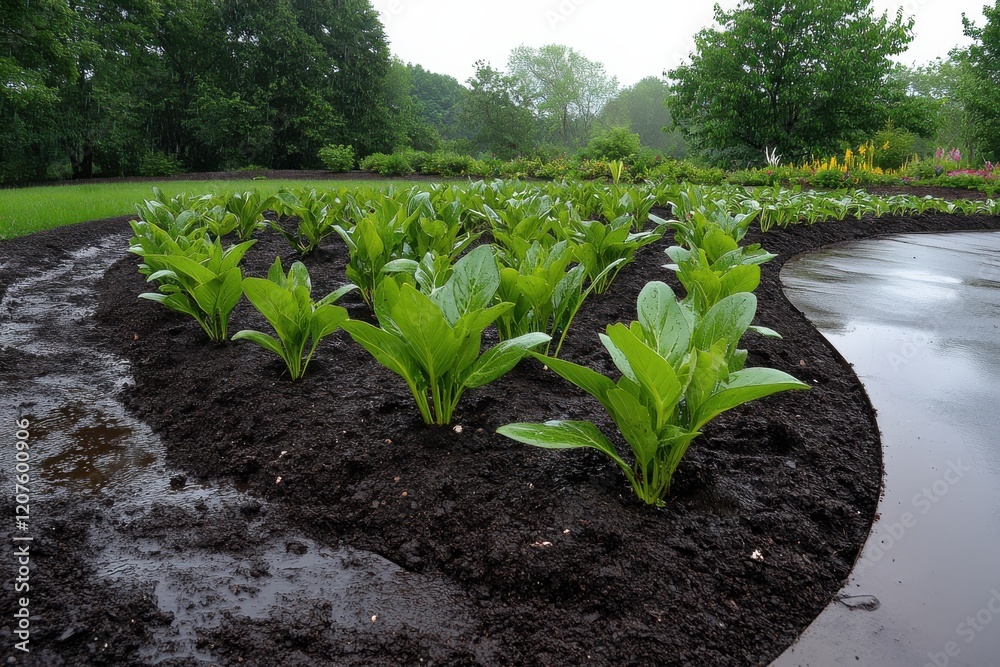
Yellowing Leaves: A Clear Sign Organic Plants Need Nitrogen
Yellowed leaves are often a clear sign that organic plants need nitrogen. Nitrogen deficiency prevents plants from producing enough chlorophyll, causing older leaves to turn yellow. When your organic plants need more nitrogen, they struggle to photosynthesize efficiently. The green pigment that’s vital for the process of photosynthesis. Consequently, the oldest leaves become yellow, particularly toward the edges.
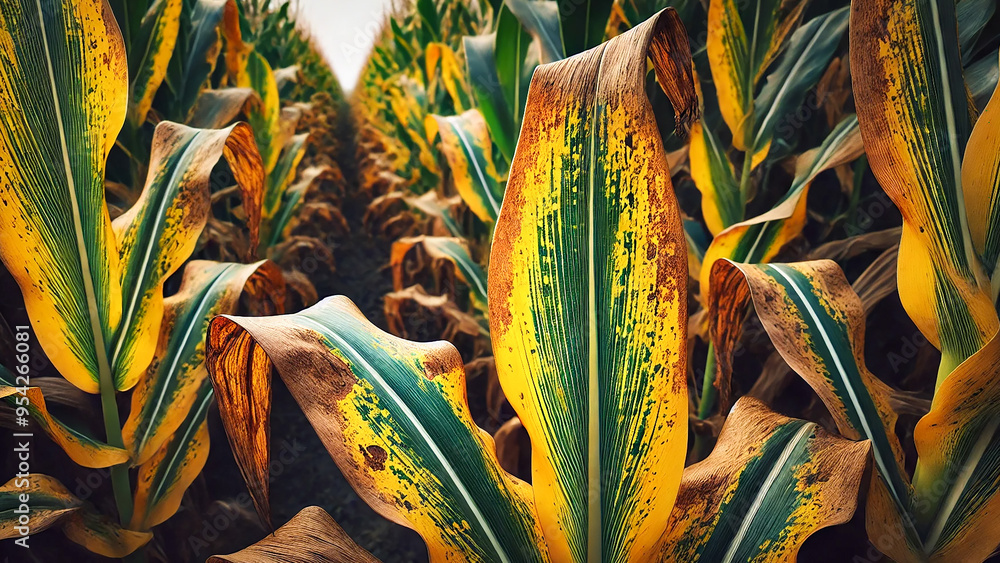
Solution:
The most effective method to correct nitrogen deficiencies is through the application of organic fertilizers like compost, manure, or fish emulsion. These organic fertilizers are high in nitrogen, which will restore the green color to your plants.
For instance, you can create a homemade compost with kitchen wastes, leaves, and garden clippings to get a nutrient dose along with better soil structure. In case of a time constraint, organic liquid fertilizers that have high nitrogen levels, like blood meal or alfalfa meal, can do wonders too.
2. Stunted Growth: When Plants Just Don’t Thrive
If your plants are not performing as well as they should, it may be due to nutrient deficiencies in the soil. When plants lack the necessary nutrients, their growth will be stunted. Stunted growth is an indication that they are not receiving enough of the important nutrients necessary to thrive.
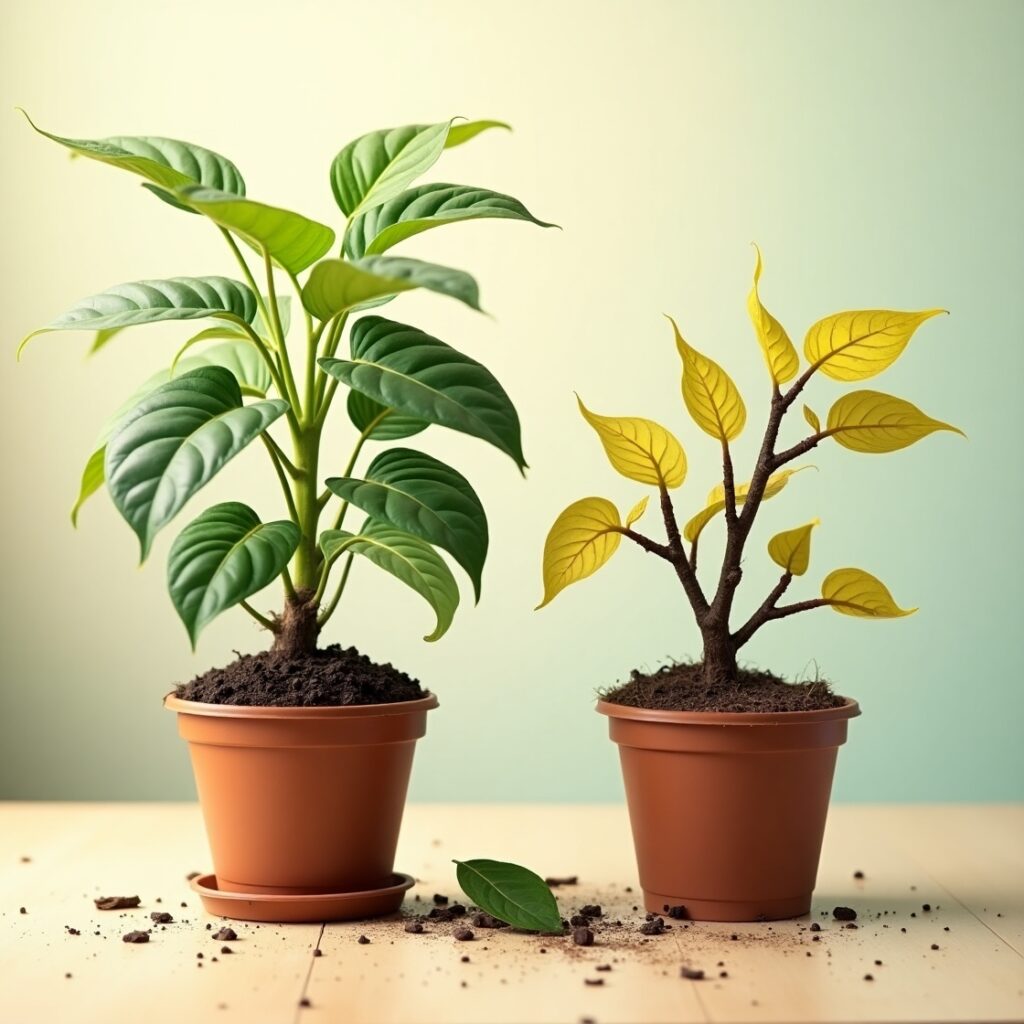
Solution:
To correct stunted growth, attempt to use an organic fertilizer that is high in phosphorus and potassium, like bone meal or composted manure. These elements are vital for healthy root growth and plant development. Adding worm castings to the soil also enhances plant strength.
For those gardeners interested in giving their growth a boost, try liquid seaweed fertilizer. It’s a great natural choice that promotes growth and helps the overall well-being of your plants by providing trace minerals and stimulating good microorganisms in the soil.
Poor Flowering or Fruiting: When Organic Plants Need Phosphorus & Potassium
Deficiency in phosphorus and potassium is usually the cause plants do not flower or fruit. These two nutrients are important for the development of flowers and fruits. When they are absent, your plants might seem healthy but would never give you flowers or fruit.
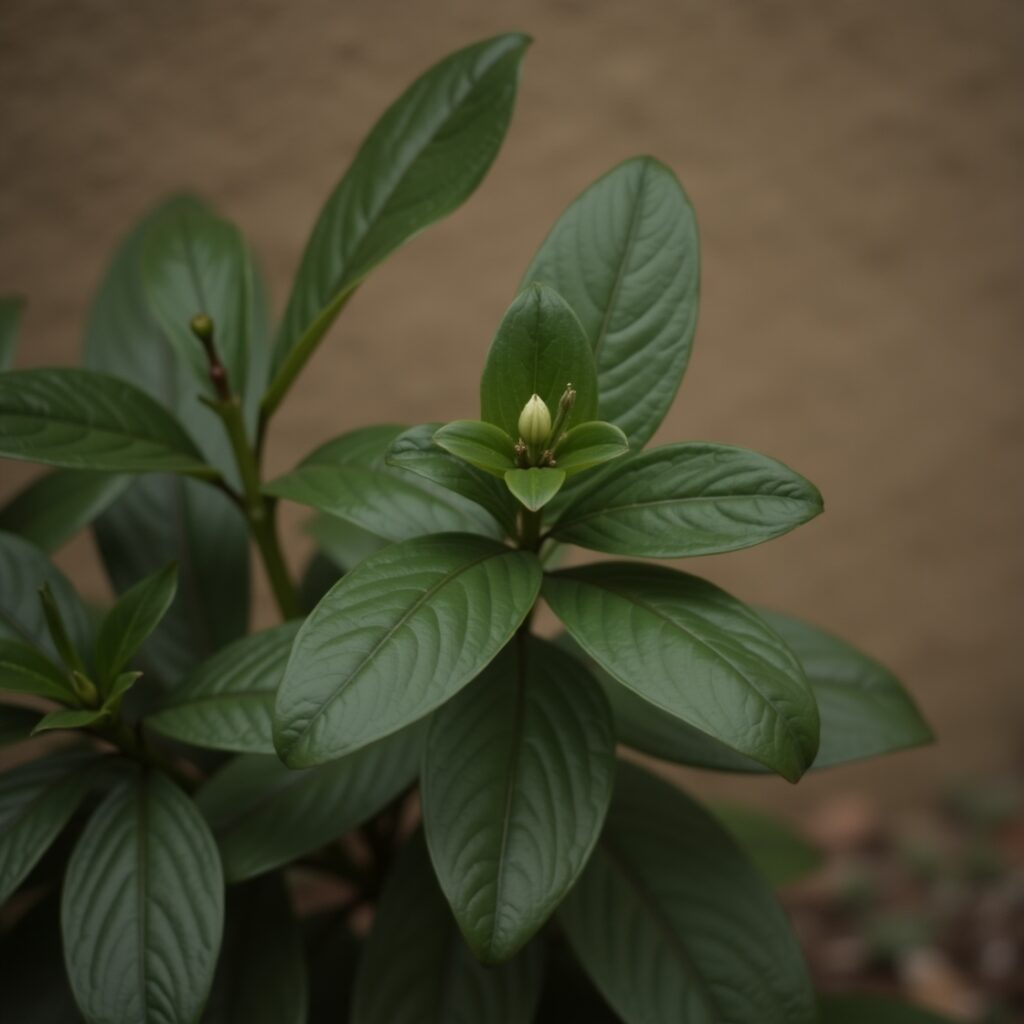
Solution:
To fix this, include organic matter such as banana peel compost, bone meal, or kelp meal into your soil. These nutrients are rich in phosphorus and potassium and will promote flower formation and vitality of fruit.
For example, banana peels contain a lot of potassium, which encourages more flowering and fruiting. Just chop up banana peels and plant them around the bottom of your plants. You can also create a banana peel tea by steeping the peels in water and using the liquid to water your plants.
4. Pale or Discolored Leaves (Not Yellow)
Though yellowing leaves are typically blamed for nitrogen deficiency, light green or pale leaves may indicate that there is not enough micronutrients, including magnesium or iron. Deficiencies in micronutrients will lead to weakened plants and prevent growth.
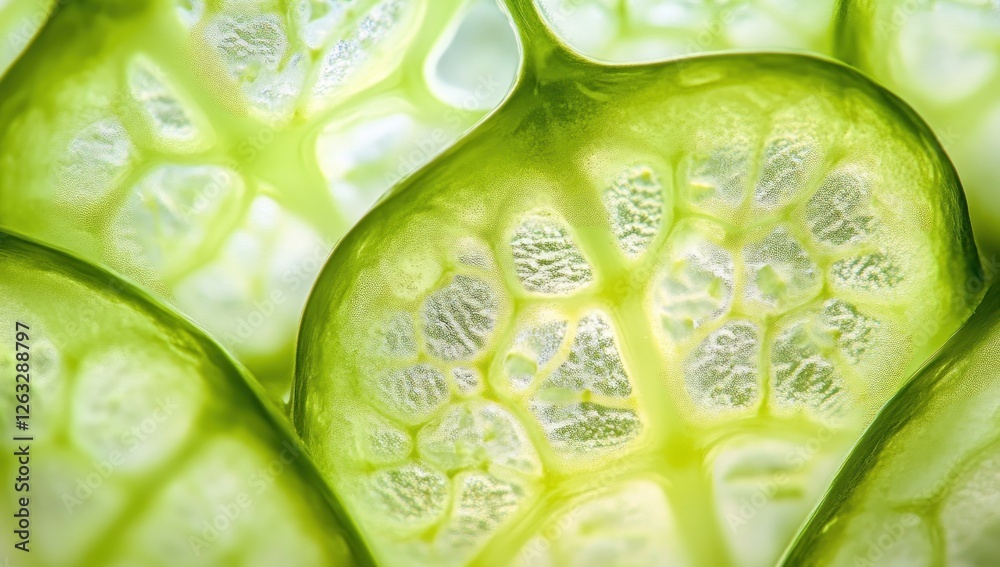
Solution:
Organic remedies such as Epsom salt (magnesium sulfate) or seaweed fertilizer (high in trace minerals) may correct micronutrient deficiency. To use, mix Epsom salt with water and water the plants or spray the leaves immediately for an instant repair.
Composting and introducing organic matter into the soil also enhances the retaining capacity of nutrients and brings micronutrients closer to plant availability.
Wilting and Weak Stems: When Organic Plants Need Root Support
Wilting and weak stems, even after proper watering, are usually indications that your plants are under pressure from inadequate root growth because of lack of nutrients in the soil. This may be especially evident in young plants or recently transplanted plants.
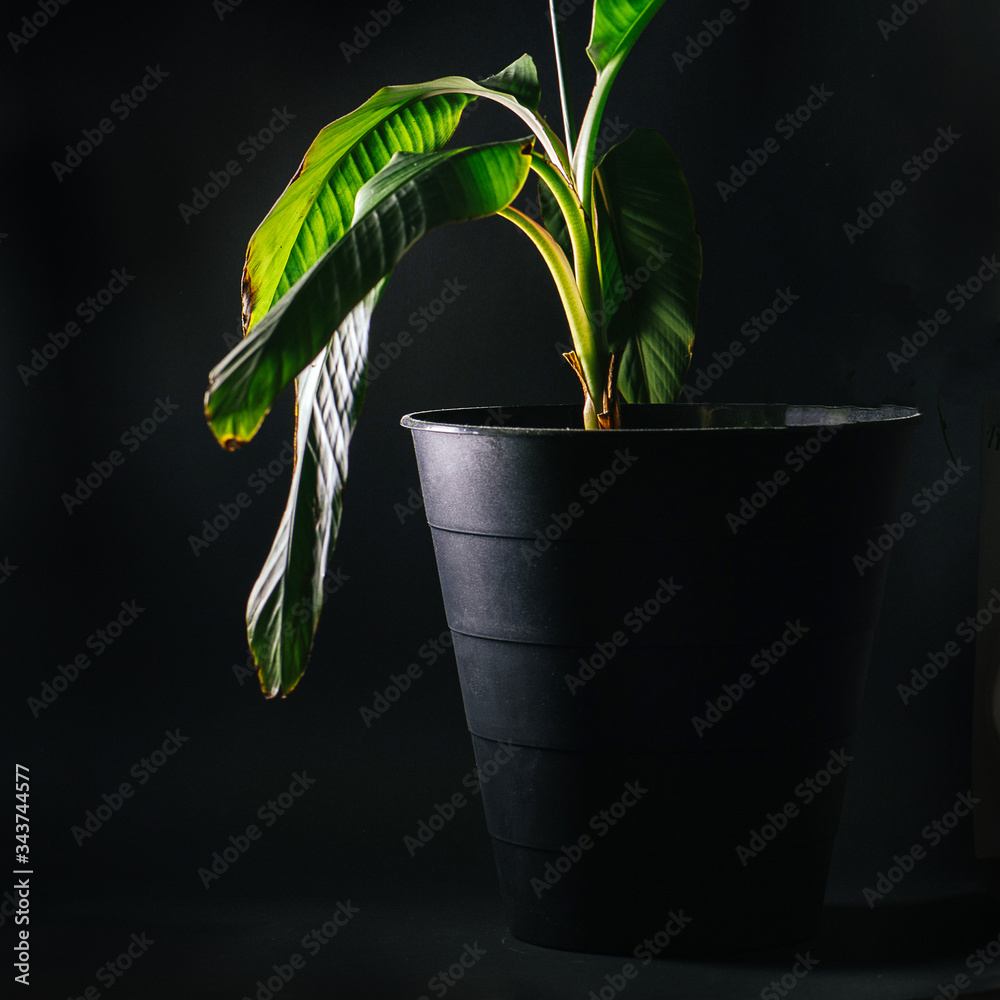
Solution:
To correct this, treat your plant roots with compost tea or worm castings to give them a boost and deliver vital nutrients. Compost tea is produced by infusing mature compost in water for several days, which then acts as a liquid fertilizer loaded with beneficial microbes and nutrients.
Worm castings are also a great natural fertilizer that can stimulate root growth and overall plant health. They break down slowly, providing a steady supply of nutrients to your plants over time.
6. Slow Growth After Transplanting
Transplanted plants tend to suffer from transplant shock, which will hinder their growth. They need a bit of extra care during this period to acclimatize to their new surroundings. If your transplanted plants are not growing as usual, they may require an organic nutrient supplement.
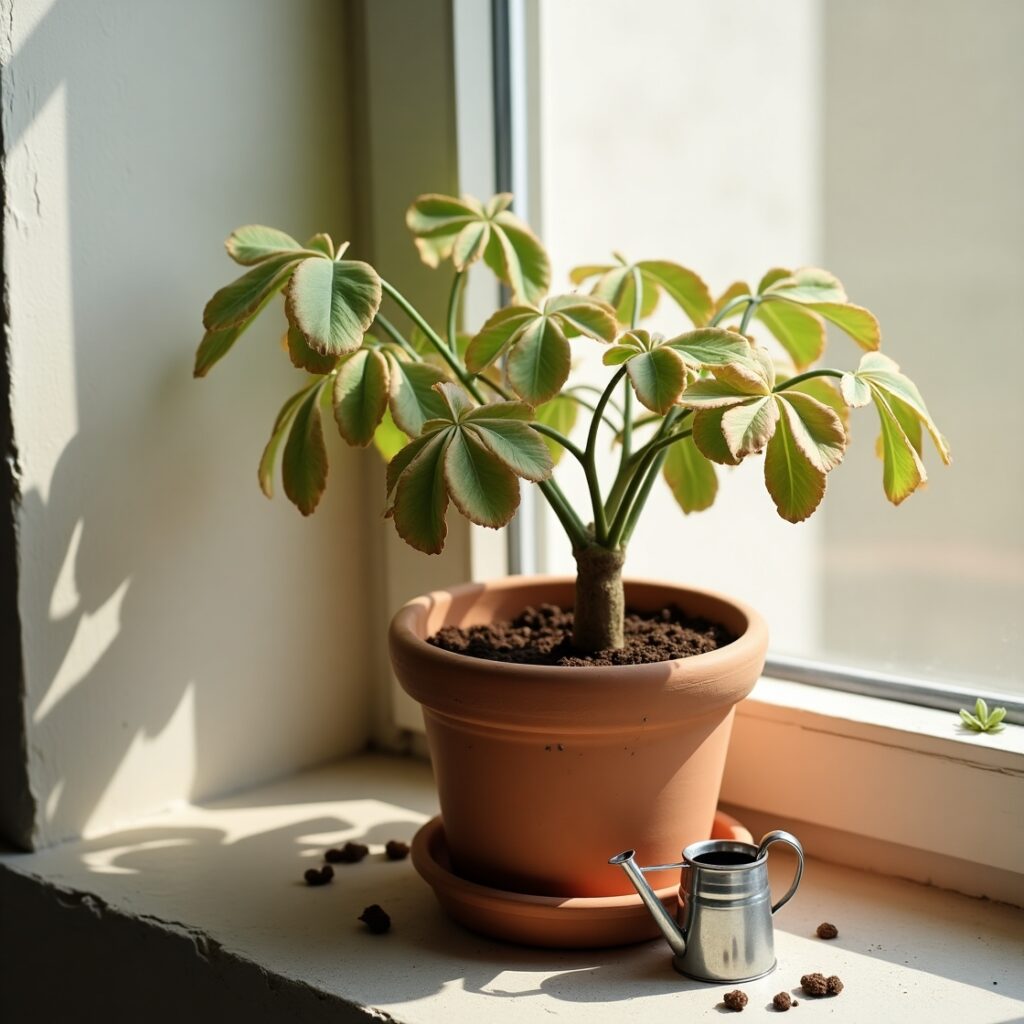
Solution:
Apply organic liquid fertilizers such as fish emulsion or liquid kelp to facilitate fast recovery of your plants. These are plant-friendly and packed with nutrients that aid in the recovery of your plants from transplant shock. They also stimulate root growth, which means your plants are firmly rooted in their new location.
Leaf Curling or Distorted Growth: When Organic Plants Need Calcium or Potassium
Leaf curl and growth distortion, if seen, could point towards a potassium or calcium deficiency. Deficiencies can lead to weak cell walls and impact overall plant strength.
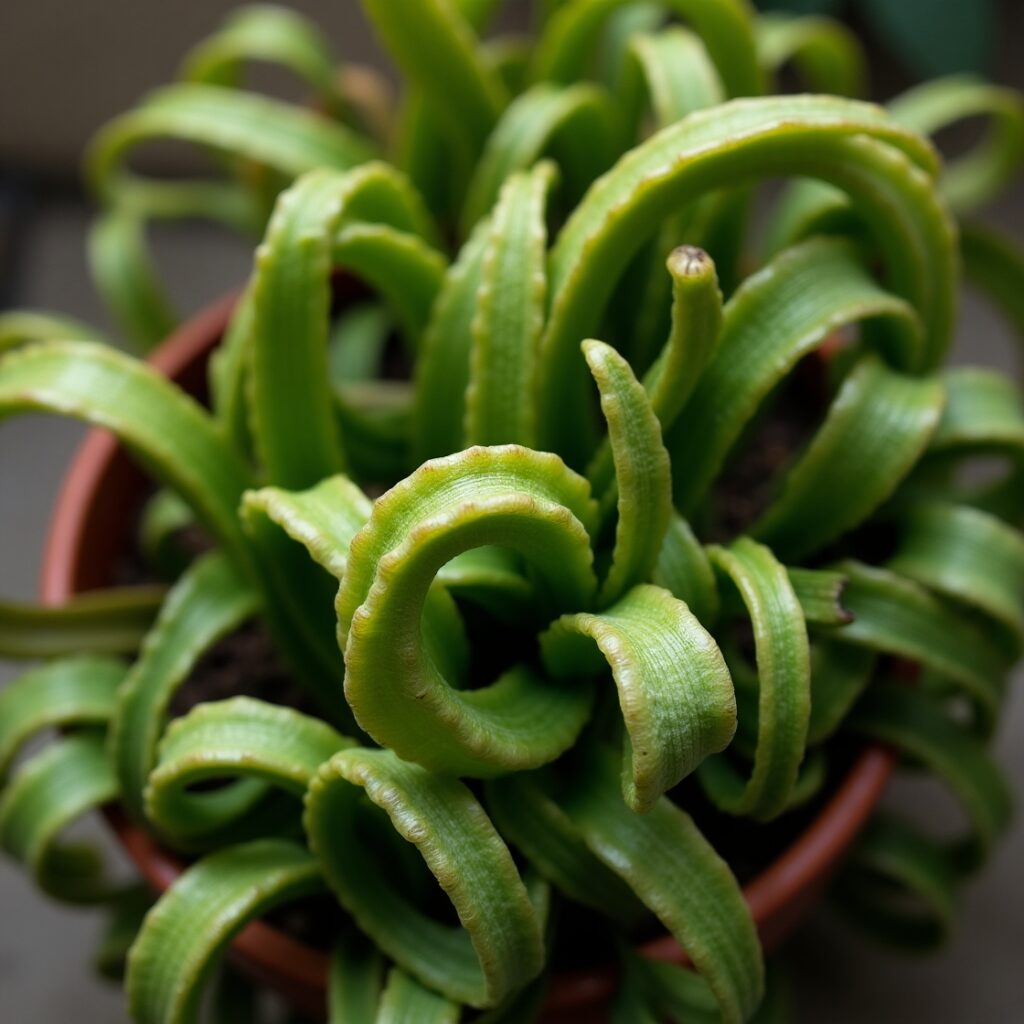
Solution:
Add wood ash, eggshell tea, or an organic balanced fertilizer to supply the required calcium and potassium. Wood ash is rich in potassium and can be spread on the ground around your plants. Eggshells also make a great source of calcium that will help build cell walls and prevent leaf curl.
Conclusion
By carefully observing the cues your plants are sending you, you can provide them with the care they require to thrive. Organic fertilizers not only deliver essential nutrients but also encourage healthy soil and a greener, more sustainable gardening practice. From yellowing leaves, weak flowering, to slow growth, recognizing these signs and reacting with the appropriate organic fertilizers will enable you to grow a healthy, thriving garden.
So, pay close attention to your plants—they’re telling you just what they require. With the proper organic fertilizers, you can assist them in growing and flourishing naturally!
if you want to read more articles like this, click the link below

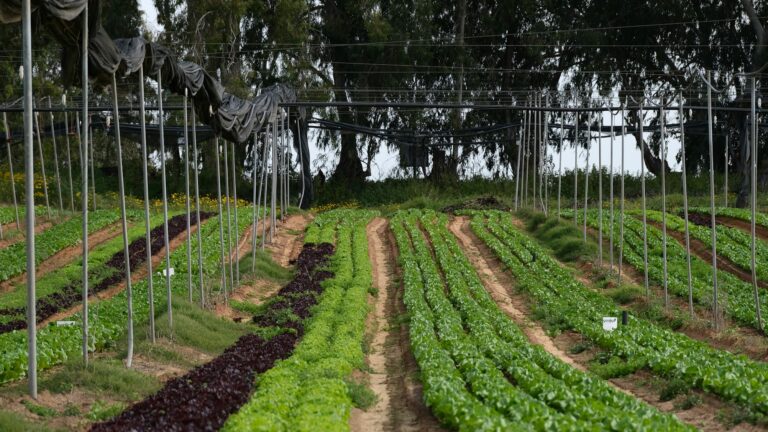

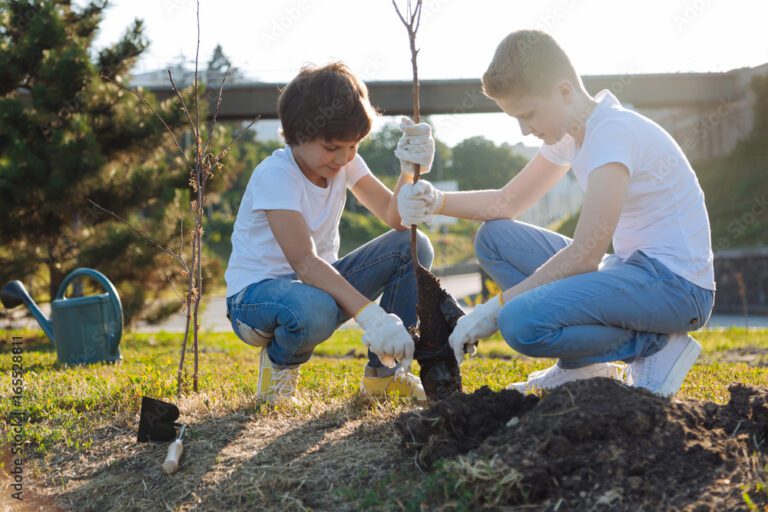




[…] https://greensoulpk.com/organic-plants-need-nutrient-deficiency-signs/ […]